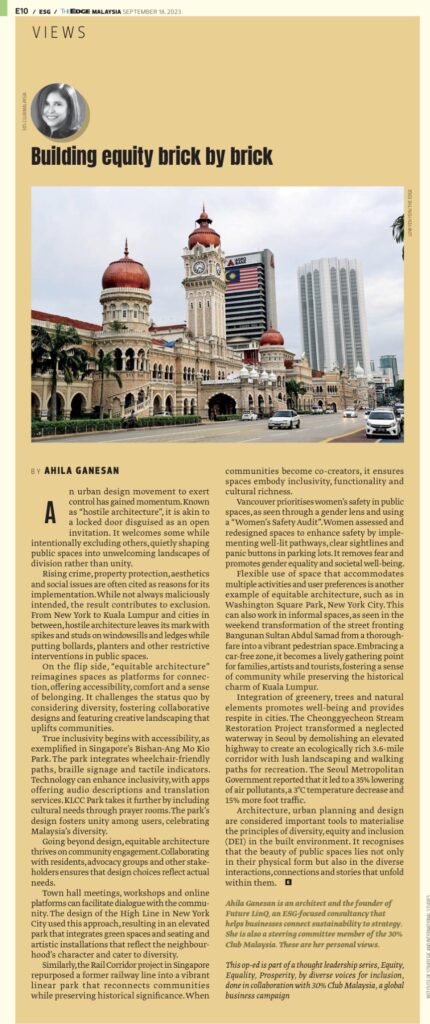engaging through thought leadership
Articles
Evolving Future
Finger on the Pulse
The landscape of sustainability and ESG is dynamic. Through the evolution, it is increasingly clear that responsibility must be embedded across every level of an organisation. Organisations that adopt this approach into their strategy, ahead of potential industry regulations, benefit from better financing, reputation and talent retention.

ESG and it's Alphabet Soup of Acronyms
ESG has moved into the mainstream with significant urgency in recent years. However, the alphabet soup of acronyms, GRI, SASB, CDSB, IIRC, TCFD to name a few, in sustainability initiatives and options puts a damper in socialising its very need. This in turn leads to confusion while intimidating and overwhelming anyone wanting to grasp the basics.

Who is in Charge of ESG Oversight?
The world is changing. ESG is no longer a buzzword and has become mainstream. However, the need now is to ensure that the board of directors of an organisation – the very echelon of power that steers the strategy of an organisation – is ready to face the oversight challenges of ESG.

Striving for an ESG Competent Board of Directors
There is mounting pressure for organisations to actively integrate environmental, social and governance (ESG) issues into their organisation strategy. Board of Directors across nearly every industry are expected to be competent in navigating the headwinds of ESG. Yet many companies’ board and executive leaders are still unsure on how to approach ESG and manage the communications with their stakeholders.

CSR vs ESG: Not a case of ‘tomayto tomahto’
Often, when I have discussions on the difference between ESG and CSR, I get eye rolls and ‘tomayto tomahto’ comments. Understandably, there are many who feel that the two have insignificant differences and that it does not matter. However, this could not be further from the truth.

The Danger of Overlooking the ‘G’ in ESG
Governance in ESG is often overlooked. However, there is a case to be made that it is the most crucial of the three. Without governance, there would be no oversight and rigour in strategy or decision making in the business environment. It is the absolute foundation on which sustainable, long-term value creation is built and reinforces every organisation’s ability to achieve its environmental and social goals.
"People are going to want, and be able, to find out about the citizenship of a brand, whether it is doing the right things socially, economically and environmentally."
Mike Clasper President of Business Development, Proctor and Gamble (Europe)

